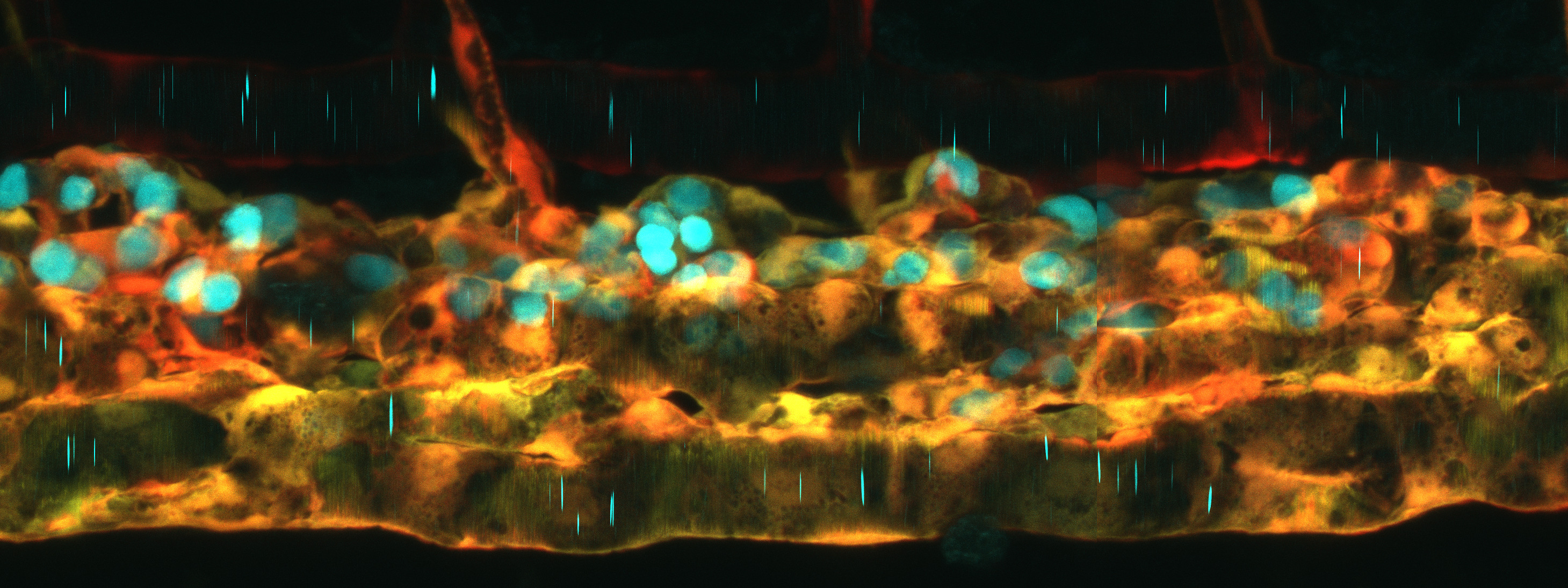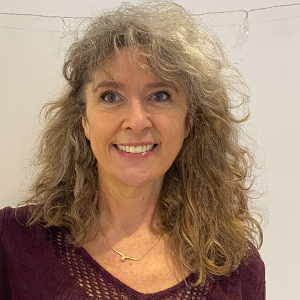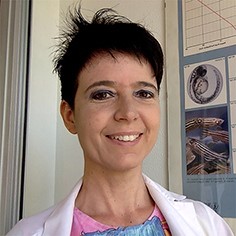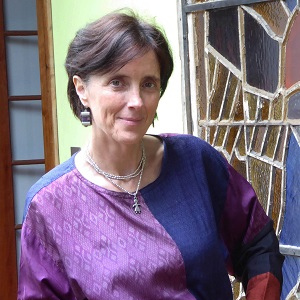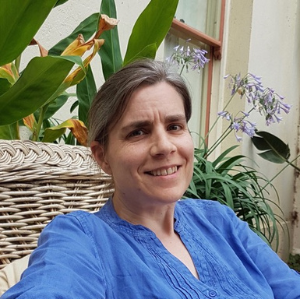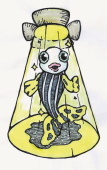News Splash Issue 18 Fall 2024
Incoming Board of Directors Members
Outgoing Board of Directors Members
Letter from the Outgoing President
It is with great joy and pride that I write this ‘last’ letter as President of the IZFS. I am on the flight back from Kyoto, where we all met for the 18th International Zebrafish Conference, reflecting on the past year, and what a year it was!
- continue reading -
Letter from the Incoming President
As a representative of zebrafish community in China, I was so fortunate to be elected as President-elect of IZFS last year. Since then, I began to learn how to run an international society and get involved in society activities, such as serving as the chair of Awards committee to select the most influential awardees from many qualified candidates.
- continue reading - Science SpotlightIn each issue of the News Splash we invite two early-career members of the zebrafish community to write an article in the newsletter covering recent high-impact zebrafish publications of their choice. If you are interested in participating in this mentored science writing opportunity by writing an article for a future issue, contact Science Spotlight editors Cecilia Moens (cmoens@fredhutch.org) and/or Karuna Sampath (K.Sampath@warwick.ac.uk). Growing up stressed, leaning on friends: zebrafish and the balance of stress We all try to raise our fish under the best possible conditions, with plenty of food and company, and a minimum of environmental stressors. But what happens when this goes wrong? Soumaiya Imarraine, a recent graduate at Sorbonne University in Paris, writes about new research showing how zebrafish who are isolated or who experienced stress early in life are compromised in their ability to recover from stress in the here-and-now. - continue reading - The Day that pIGLETs Swim: A New Tool for Reliable Zebrafish Transgenesis Zebrafish transgenesis has come a long way thanks to Tol2, I-SceI and CRISPR-Cas9. However, independent lines made with the same construct can be expressed at different levels and sometimes even in different cells depending on where they integrate. Jennifer Fiene, a Master’s student at the University of Ottawa, interviewed Dr. Robert Lalonde and Christian Mossiman about their recent paper describing the creation of “safe harbor” sites in the zebrafish genome for reproducible, stable and strong transgene expression. - continue reading - Meet the Award WinnersCongratulations to our 2024 Award Winners!
18th International Zebrafish Conference (IZFC) Meeting SummaryFrom August 17 to 21, 2024, the 18th International Zebrafish Conference was successfully held at Miyako Messe in Kyoto, Japan, bringing the conference the first time in Japan and only the second time in the Asia-Pacific region. Kyoto is a historic city with a rich Japanese cultural heritage. This conference, the IZFS’ biggest activity of 2024, was organized by the Conference Organizing Committee, co-chaired by our Society President Corinne Houart (King's College London, London, UK) and Hitoshi Okamoto (RIKEN Center for Brain Science, Saitama, Japan), and by the Japanese Local Organizing Committee. Approximately 700 researchers, including 650 in-person and 50 online, from around the world, attended the Kyoto conference, making it the largest zebrafish gathering in 2024. - continue reading - Sustainability Committee - Zebrafish in EcotoxicologyMost of us have used canned tomato purée to prepare sauces and curries but are unaware that many canned foods can be contaminated with bisphenol A (BPA). The inner lining of metal cans is coated with plastic, and many of them are made of BPA-containing plastic material. Over time, BPA leaches into the food contents, causing millions of people to be exposed to it through their food, posing a risk to their health. Through our food and other sources, we also get exposed to many other environmental toxins such as heavy metals, pharmaceuticals, pesticides, microplastics, and industrial chemicals. Some of these toxins have been well-studied by environmental toxicologists to understand their effects on human health and our ecosystem, and zebrafish have been used in environmental toxicology since at least the early 1990s. - continue reading - Member News
|
|||||||||||||||||||||||||||||||||||||||||||||||||||||
|
Institute of Cellular and Organismic Biology - Assistant, Associate, or Full Research Fellow |
Zebrafish Facility Manager - Qatar University |
|
Stony Brook University - Director of Undergraduate Biology Program |
Assistant Professor of Molecular Genetics - Ohio State University |
|
Postdoctoral research fellow position - University of Colorado Anschutz |
Postdoctoral Associate - Duke University |
|
Assistant Professor - Lehigh University |
PhD Student Position - Exeter University |
Have an idea for the newsletter or would like to contribute? Contact us at info@izfs.org! We'd love to hear from you!
| IZFS Newsletter Committee | Contributors | ||
| Cecilia Moens | Rebecca Burdine | Soumaiya Imarraine | Jennifer Fiene |
| Pascale Bomont | Karuna Sampath | Manjari Trivedi | |
| Brant Weinstein | Han Wang | ||
| Kathleen Whitlock | Yevgenya Grinblat | ||
| Megan Leask | Maria Blumenkrantz | ||


